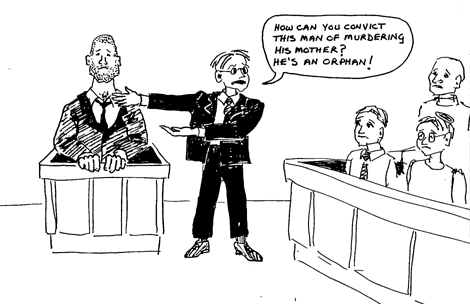Cognitive Confusion & Brain Biases

We are all guilty of being biased at times; we believe what we want to believe. We accept evidence that goes along with our worldview, and outright ignore evidence that contradicts it. Some call this cognitive dissonance, but why do we reject information that counters our ideology? It’s because, basically, our brains are biased. Coincidingly, cognitive confusion can be catastrophic when attempting to separate fact from fiction, frankly. Alliteration aside, let’s dig in..


